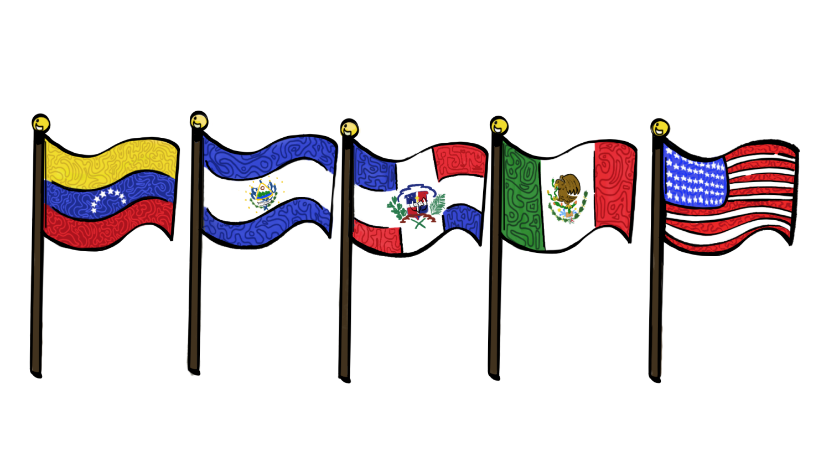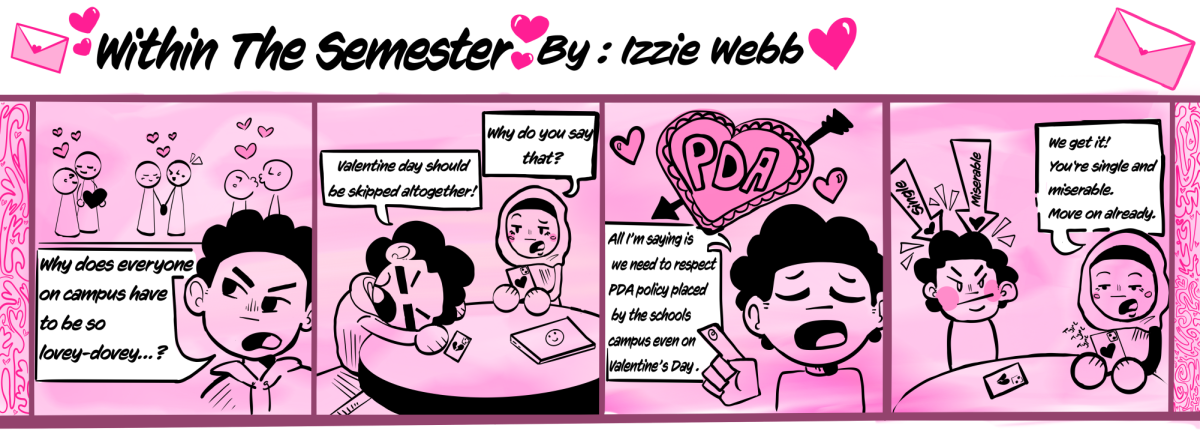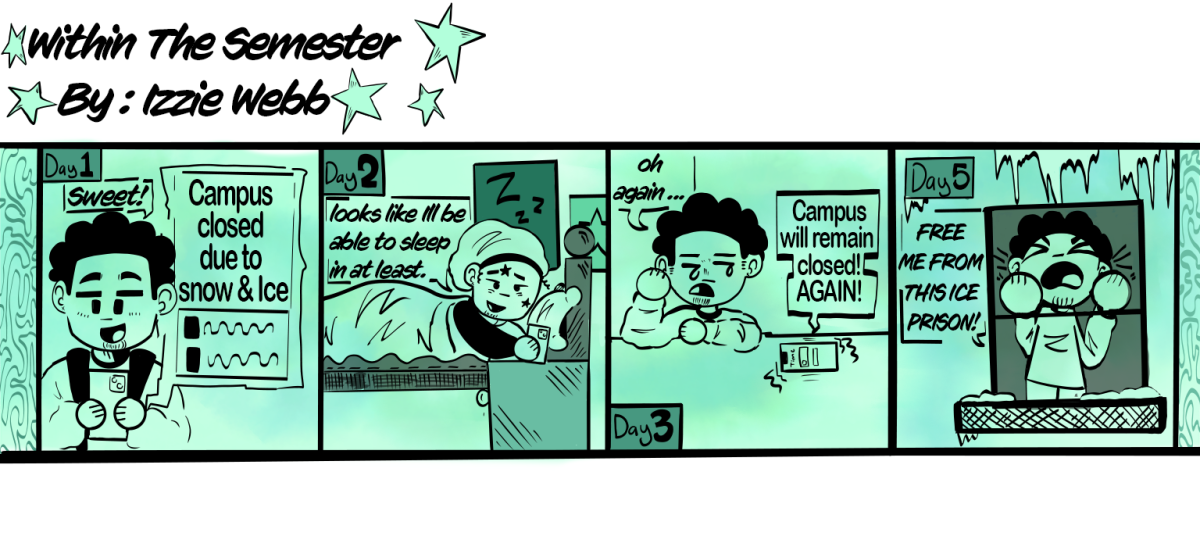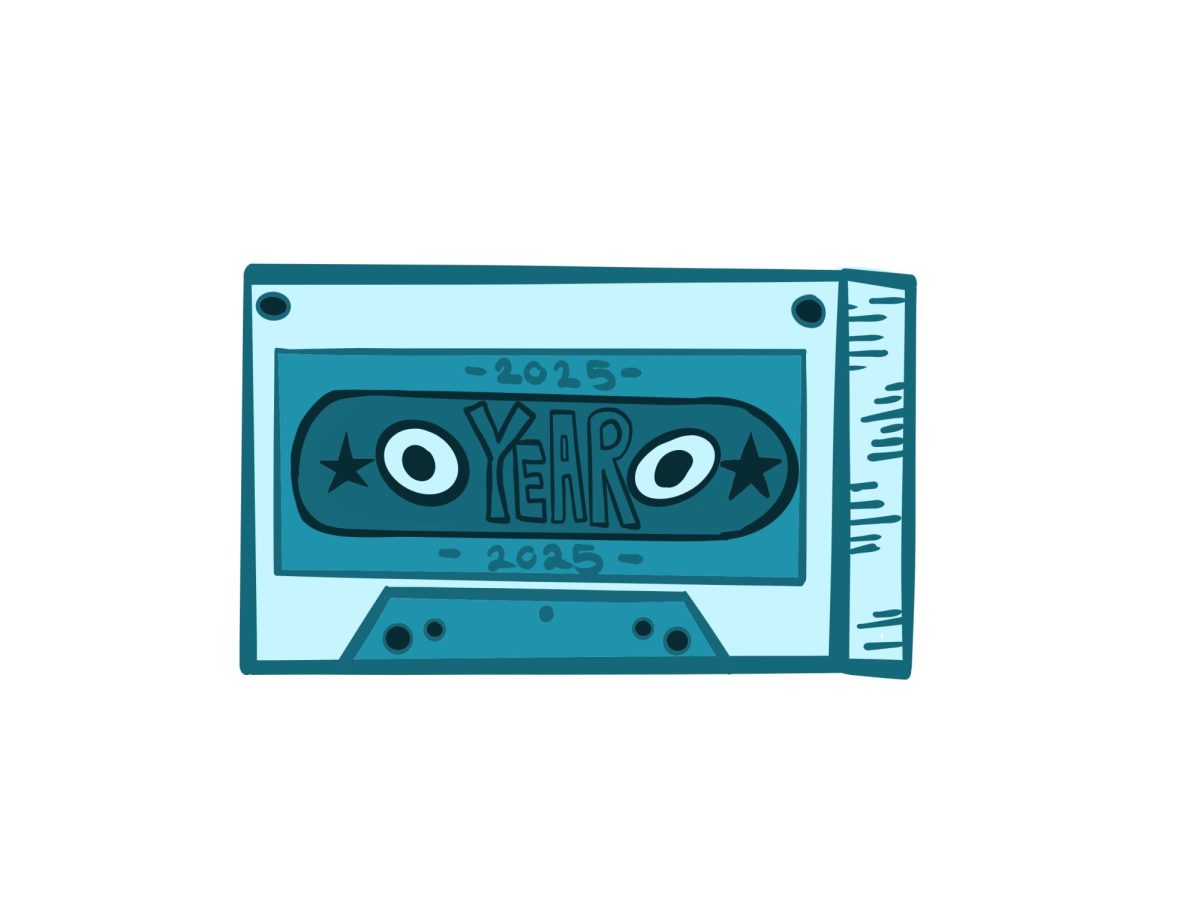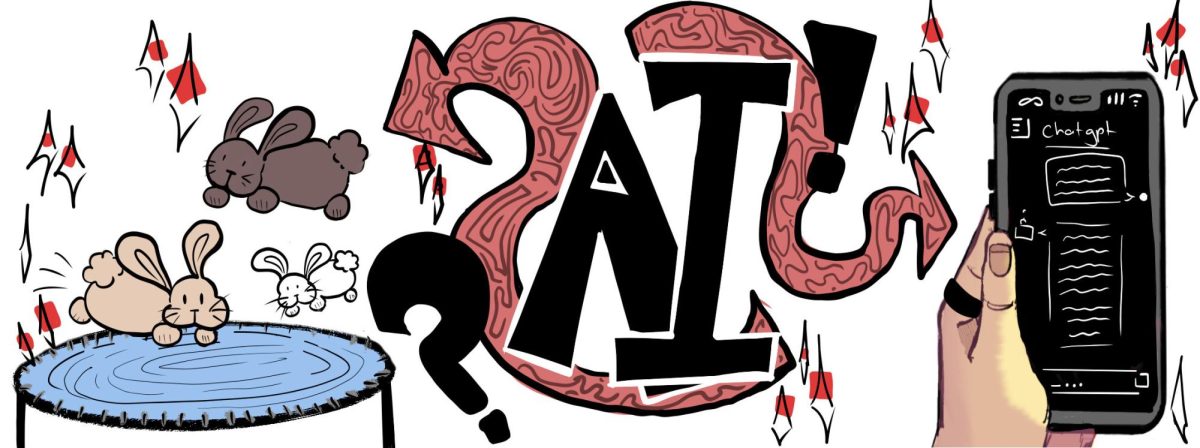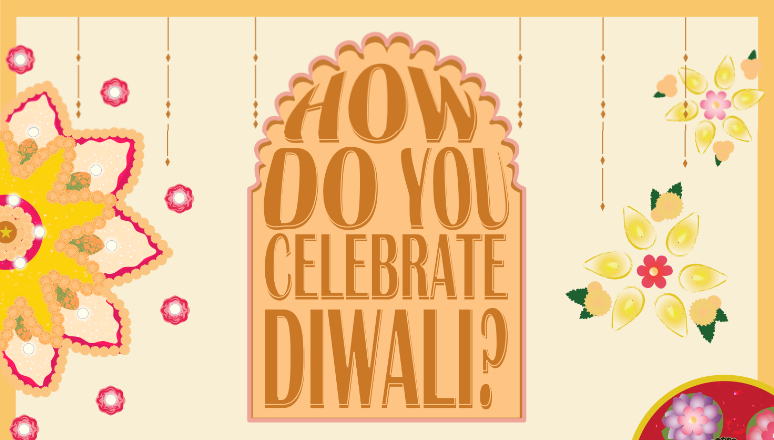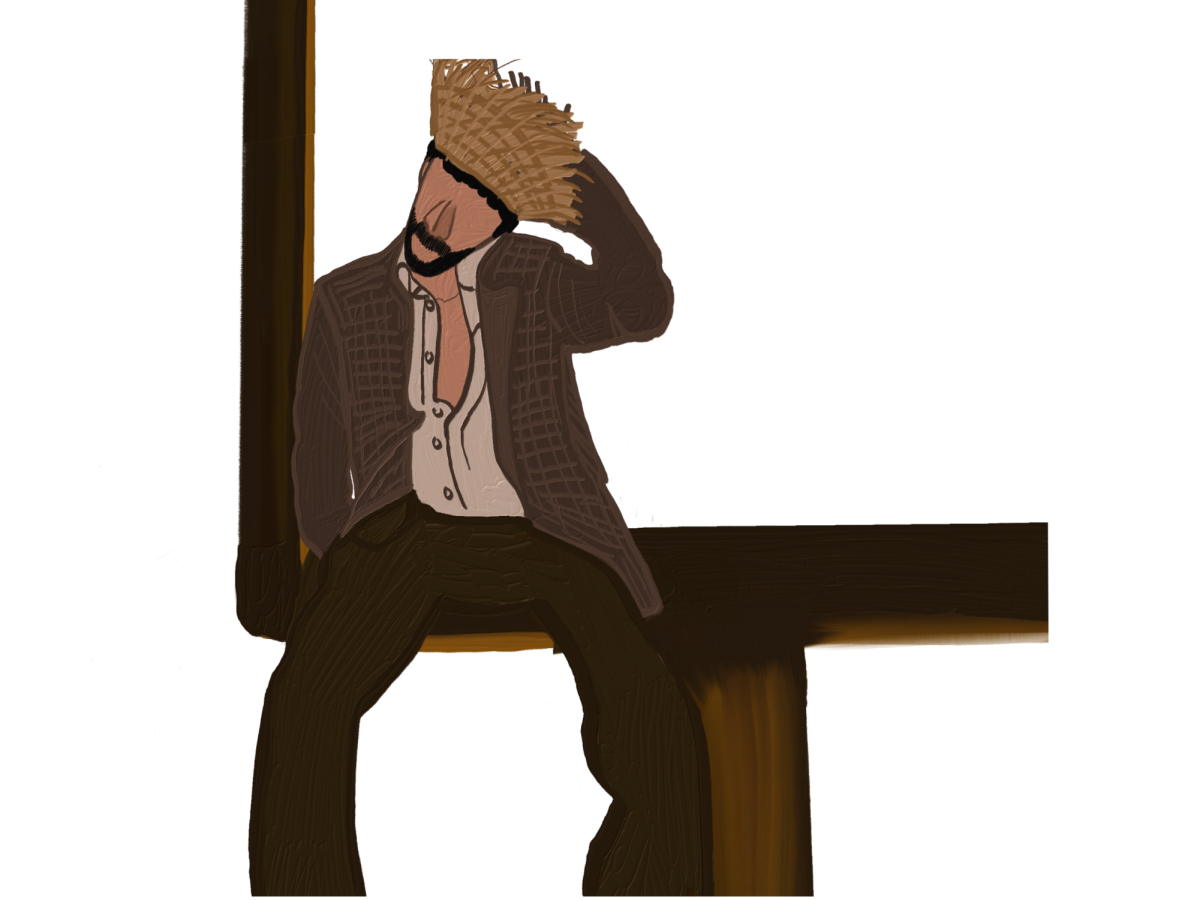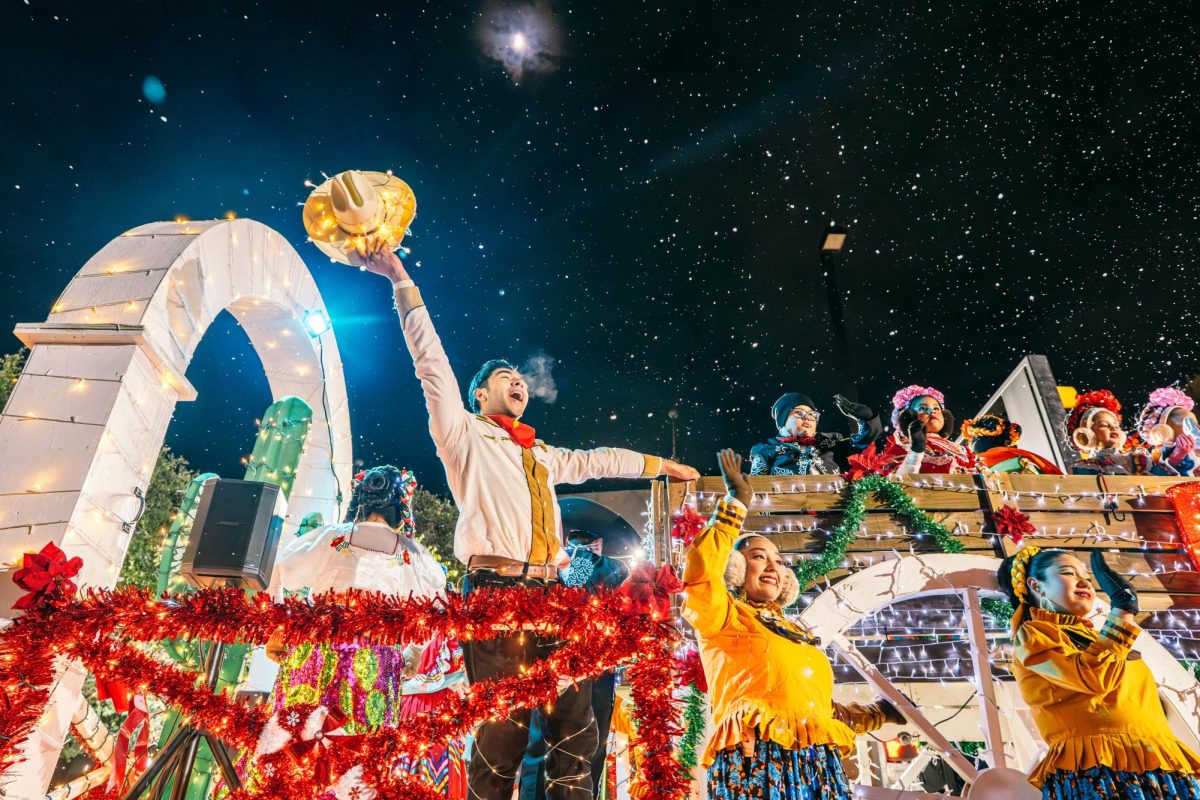National Hispanic Heritage Month has been celebrating the Hispanic and Latino influences that have been ingrained in American culture throughout its history.
Observed each year from Sept. 15 to Oct. 15, the month-long celebration started out as the National Hispanic Heritage Week, which was signed into law in 1968 by President Lyndon B. Johnson and was expanded to a month in 1988.
The starting date of Sept. 15 was chosen because it marks the anniversary of the beginning of the Mexican War of Independence, and the month encompasses many important dates in the Hispanic community.
Hispanic Heritage Month is also an opportunity for Hispanic and Latino Americans to connect to their roots and be recognized for the contributions they and their ancestors made to help shape the U.S. into the nation it is today.
TCC students across the district recently shared what Hispanic Heritage Month means to them and how they celebrate.
 John Martinez, NE Campus
John Martinez, NE Campus
México
“Growing up in junior high and high school, I was in a predominantly white school … So, I always felt a little disconnected from my culture … It’s been recently, really the past year, I would say, that I’ve really begun to embrace the culture and embrace my heritage. I’ve started to listen to a lot of Spanish music. I really like Selena a lot, and it’s more of Tex Mex. Natalia Lafourcade is another artist that I really like. The way that I celebrate my culture now, would be in similar ways that I have in the past, like eating cultural foods, speaking to my family that are in Mexico … I do celebrate the Day of the Dead. My mother was actually born on Day of the Dead. So, it’s sort of like a double party because we get to celebrate her birthday and also the Day of the Dead … As of recently, begin to learn how to make enchiladas, and also learn how to make Tamales with my grandmother whenever she comes to visit from Mexico and with my mom.”
 Mia Marín, NE Campus
Mia Marín, NE Campus
México
“The main way I like to celebrate my culture is through dance. To be honest, I grew up in a predominantly Hispanic area, thankfully. And I know most people don’t have that privilege, but because of that, I was able to grow up dancing. I was able to be really connected to my roots with speaking Spanish and being able to grow up with peers who look like me, talked like me and act like me. With that, I think that I’ve always been very connected to my roots, specifically with dancing. There’s multiple kinds of different Hispanic dancing. My family, specifically, is from Mexico City, so most of the dance that we do involves, like, complicated spins and moves and everything like that. Most of the dance we do are cumbias. If you live up more up north, you grew up with more norteñas. Norteñas literally just means northerners. We do incorporate salsa, [it] is a more like a Puerto Rican style dance…. we do bachata too. That’s more like a Dominican take on dancing. My favorite is cumbia.”
 Leslie Zacarias, SE Campus
Leslie Zacarias, SE Campus
El Salvador
“Typically, the main celebration that we do is during Christmas … We celebrate it the day before. For us in America, it’s Christmas Eve, but we start celebrating it the night before … My family, we’re from El Salvador, it’s a country in Central America. We have special parades … We’ll eat papas con pollo, which is bread and chicken … So, our foods are a little different … A big thing is our traditional color is cobalt blue. So, they’ll make dyes out of that using a certain flower.”
 Eirene Jefferson, SE Campus
Eirene Jefferson, SE Campus
Dominican Republic/México
“With us, we’re a little bit different. My family is Afro-Hispanic, so like during the holidays my mom, she picked up a lot of the more Mexicana tradition with making tamales on Christmas Eve, that’s like one of the biggest things we were able to do … Because my mom’s grandmother was able to that with her, so it was just a little piece of her ancestors that she took with her and was able to incorporate it into our lives. Just being multicultural, it was important that we kept who we are and understand who we are.”
 Alejandro Garza, NW Campus
Alejandro Garza, NW Campus
México
“I attend cultural events, not only in Fort Worth, but in Dallas. I even go to Austin … I attend concerts or parades, or even restaurants … My family, we [celebrate] it year-round. We have family gatherings, or we organize dinners, or we watch old Mexican movies, even movies in black and white. We don’t say, ‘Oh, we’re going to do this because it’s Hispanic Heritage Month.’ It’s very common for us to do this because it’s part of the culture, even here in the United States. So, we embrace it all year round, even during Thanksgiving. Sometimes, we eat tamales during Thanksgiving.”
 Andrew Garcia, TR Campus
Andrew Garcia, TR Campus
México/United States
What do you love most about your culture?
“The hard working, family orientated, career driven people. That’s what they do. I know someone whose family also started a business and now they profit a million dollars, like coming from nothing from Mexico, ready to risk it all.”
 Edgar Saldana, South Campus
Edgar Saldana, South Campus
México
“The way I plan on doing it is spending time with my family. Usually we have like a — it’s a carne asada, that’s what we call it. It’s very common in a lot of places. We usually just hang it out with a lot of our families, and we meet up together, and we just all celebrate it. It’s that kind of thing. We do fireworks. Sometimes we have that’s what we call a Rosario. We all pray together, and we all just pray for all our family and everything like that.”
“Personally, for me, this month is important just because it’s a day for us. It’s a day specifically celebrated for us. … Right now, it’s a difficult time for how all of us are going through things. So I think it’s a beautiful thing to be able to explore and explore into our culture and be able to see how we are as people as well.”
 Ignacio Rinón, NW Campus
Ignacio Rinón, NW Campus
Venezuela
“I was born in Venezuela … We used to gather every Sunday only to eat, and that was a huge thing, eating traditional food with your family to share moments. I try to find people from my country to share food. I feel like food is a huge thing. It makes you share with others, and that’s what we do … We like to try to bring our traditions from Venezuela to here. On Christmas with hallacas, it’s really similar to the tamale … Carnivals, we do parties in the summer, and we dress up in costumes. We throw water balloons at each other. It’s kind of similar to what they do in Brazil with exotic costumes, maybe pretend to be an animal, a bird, something like that. Here, I feel it is way harder for me to celebrate my culture since I’m far from everything. In my country, we walk everywhere, and everyone used to live close.”
